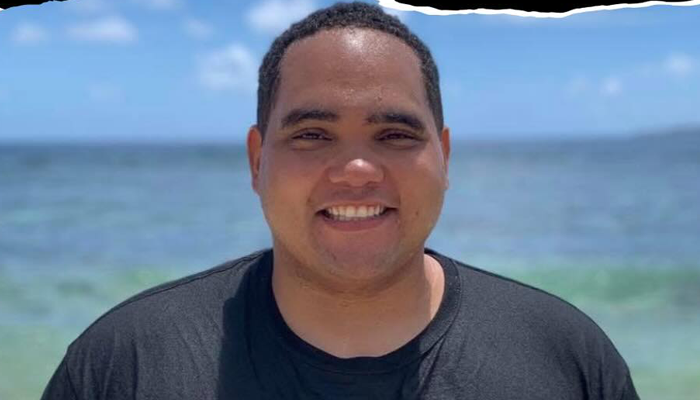Commentary – Tonga’s newly introduced Fraud Policy has set a bold precedent in the kingdom’s fight against corruption — but the real test will be whether it can rein in the abuse of power, including allegations that Cabinet Ministers have pocketed excessive taxpayer-funded travel allowances.
As the government takes a firm stance against fraud, public scepticism remains high: will this legislation deliver accountability, or will it be another toothless decree in a nation still ranked among the world’s most corrupt?
The answer could determine not only Tonga’s democratic integrity but also its standing on the global stage.
The announcement of Tonga’s new Fraud Policy Law by the government last week marks a significant milestone in the kingdom’s 14-year democratic journey.
Deputy Prime Minister Taniela Fusimalohi’s emphasis on comprehensive legislation to prevent, detect, and prosecute fraudulent activities signals a firm commitment to governance reform.
This law is particularly crucial as it seeks to protect consumers from deceptive practices, reinforcing public trust in financial and commercial systems.
However, the urgency behind this move cannot be ignored.
Adding to the urgency, Fusimalohi’s recent acknowledgement that Tonga remains ranked 95th out of 183 countries in global corruption indices underscores the persistent challenges the kingdom faces.
US Widespread Fraud Warning
The revelation comes amid serious concerns raised by Prime Minister ‘Aisake Eke over a stern warning from the U.S. administration, which had previously flagged Tonga as one of 36 countries at risk of a travel ban due to alleged “widespread fraud.
While the specifics of the U.S. allegations remain unclear, the implication is troubling—Tonga’s international reputation is at stake.
Allegations of fraud within the government have been widespread, with many cases landing in court.
Tonga’s Persistent Corruption Crisis
These include the unlawful transfer of $90 million in Chinese grants to Princess Pilolevu – a transaction later declared illegal by the Supreme Court. Furthermore, the ongoing sale of national passports to Asian nationals, allegedly conducted without proper oversight, continues to raise serious concerns.
Additionally, one of the most serious allegations involves the misuse of the $120 million loan from China intended for the reconstruction of Nuku’alofa following the 2006 riots.
A Parliamentary select committee reported that only about 40 per cent of the loan was used for its intended purpose, while millions reportedly remain unaccounted for.
While the new Fraud Policy Law is a step in the right direction, its effectiveness will depend on rigorous enforcement, transparency, and public awareness.
For Tonga’s young democracy, this law is more than just policy—it is a test of the government’s proactive ability to combat corruption, safeguard economic integrity, and meet international standards.
The coming months will reveal whether this legislative effort translates into tangible progress or if further reforms are needed to restore confidence both at home and abroad.








